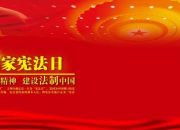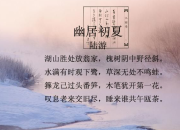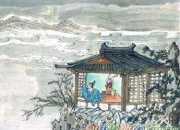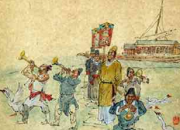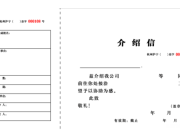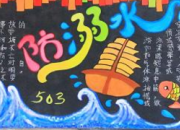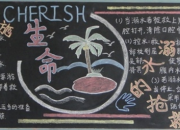成语的英文翻译方法(3)
时间:2021-08-312. 历史典故
汉英两种语言中还有大量由历史典故形成的习语。这些习语结构简单,意义深远,往往是不能从单词字面意义去理解和翻译的。例如汉语中:
东施效颦:《庄子·天运》中故事。blind imitation with ludicrous effect/ play the ape/ look all the uglier by mimicking the beauty.
叶公好龙:professed love of what one actually fears/ like Lord Ye claimed to be found of dragons but was mortally afraid of them.
夜郎自大:ludicrous conceit of the king of Yelang-parochial arrogance
班门弄斧:display one’s slight skill before an expert.
名落孙山:fail in a competitive examination/ be flunked.
历史典故是最具民族特色的,汉语是这样,英语也是如此。典故通常是不能按照字面对译的,典故通常要采取意译或解释或加注释的办法来翻译。例如英语中的"John can be relied on. He eats no fish and plays the game.”中国读者看了,就不知所云。“eat no fish”是英语里的一个典故,是表示“忠诚”的意思。而“play the game”的意思是(比赛,游戏中)按规则做;正直诚实,光明正大。因此,上句可译成,“约翰为人可靠,他既忠诚又老实”。
3. 共性成语
一败涂地: meet one’s waterloo/ bite the ground/hunt grass/suffer a crushing defeat.
趁热打铁: strike while the iron is hot/Hold a wolf the iron is hot.
熟能生巧: Skill comes from practice/ Practice makes perfect.
挥金如土: spend money like water/squander money like dust.
破釜沉舟: burn one’s boats/burn one’s bridge /throw away the scabbard.
雪中送炭: to offer fuel in snowy weather./help in one’s hour of need.
一人得道,鸡犬升天: Even the dog swaggers when its master win favor.
瓜田李下: in a melon patch or a plum tree—in suspicious circumstances or surroundings/Neither adjust your shoe in a melon patch, nor your hat under a plum tree.


